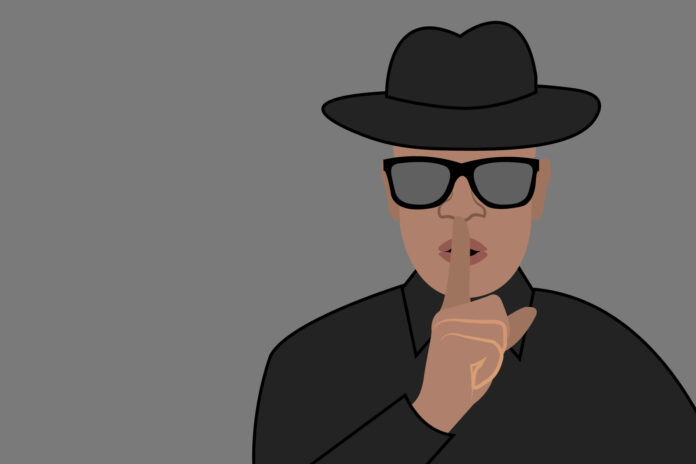A glimpse into secret societies in universities
Since the founding and rise to infamy of Yale’s secret society Skull and Bones in 1832, college students across the nation have followed suit, creating their own secret societies. Most secret societies on college campuses prioritize keeping secret not their existence but what happens in them. This includes their members, rituals, initiations and events.
Little is known about these organizations and what happens behind closed doors. Because they are so secretive, not many people know about secret societies in general.
“I don’t know anything,” said Katie Smith, a first-year evolution, ecology and biodiversity major.
Wei-Lung Ho, an electrical engineering major, claims to know theses socities exist on the UC Davis campus but doesn’t know much else.
More prominently, here on campus, we have our own secret society: Sword and Sandals. Founded in December of 1921, Sword and Sandals was based on UC Berkeley’s secret society, Order of the Golden Bear. The goal of the society was to improve the university, though it isn’t known to what extent the university has changed because of them due to their secrecy.
Sword and Sandals was created as a medium for those involved in the UC Davis community to express their thoughts and concerns about the morals, politics and philosophy of the school, according to LocalWiki. The meetings and discussions of the organization are not available to the public. Before the development of social media, the location and times of the meetings would be discreetly placed into The California Aggie newspapers as a secret code for members to decipher.
Their members consist of UC Davis students, faculty, staff and alumni. Membership into Sword and Sandals is selected primarily on display of leadership, along with other values, hence previous members include (but are not limited to) past chancellors and high ranking officers of ASUCD. Notable members include Gordon Sproul (for whom Sproul Hall was named after), E.C. Voorhies (for whom Voorhies Hall was named after) and S.B. Freeborn (for whom Freeborn Hall was named after). In order to become a member, two of the members in Sword and Sandals must nominate you. The council must then take a vote, and you can only join the society if two-thirds of the council votes in favor of you.
“They are selective,” said Ho in response to this information. “They’re probably like any other club.”
The presence of secret societies on college campuses has been controversial. For example, George W. Bush’s membership in Skull and Bones when he was a student at Yale has led some people to believe that the organization was somehow involved in the war on Iraq.
“I don’t know, I don’t think there are any problems so far,” said Love Chien, a first-year cell biology major, in response to whether or not she believes there is controversy and scandals in Sword and Sandals. “I mean, I guess they sound sketchy and suspicious.”
Based on students’ knowledge about Sword and Sandals and other secret societies lurking in the nation, these organizations have stuck to their nature of being secretive. There is far more information than what is presented and it may never be known to the public. Those secrets remain with the members of these secret societies.
Written by: LINH NGUYEN –– features@theaggie.org





Did you see the Sword and Sandals expose done by The Aggie in the early 90s?